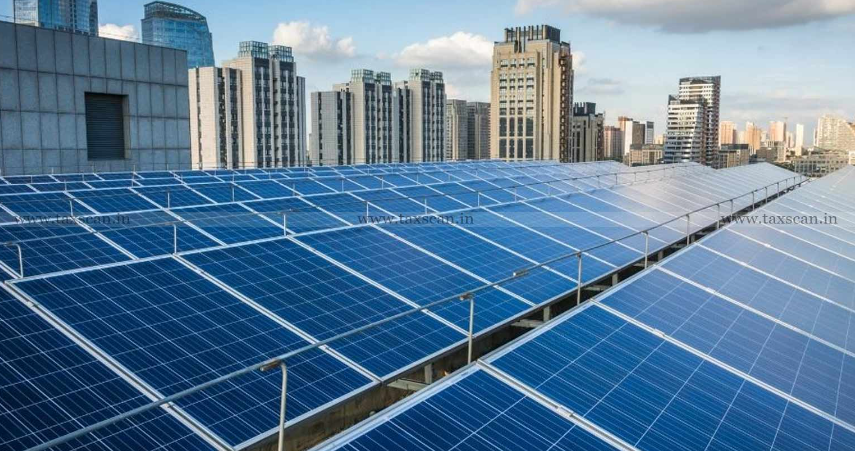As solar energy continues to rise in popularity among homeowners and businesses, the need to understand the key components of a solar power system becomes crucial. One such essential component is the solar panel inverter. This blog will delve into the role and importance of solar panel inverters, helping you make informed decisions for your solar energy needs.
What is a Solar Panel Inverter?
A solar panel inverter is a device that converts the direct current (DC) electricity generated by solar panels into alternating current (AC) electricity. This conversion is necessary because most household appliances and the electrical grid operate on AC power. Without an inverter, the electricity produced by your solar panels would not be usable in your home or business.
Types of Solar Panel Inverters
- String Inverters: These are the most common type of inverters used in residential solar installations. String inverters connect multiple solar panels in series, making them a cost-effective option. However, their efficiency can be affected by shading on any one panel.
- Microinverters: Installed on each solar panel, microinverters allow each panel to operate independently. This setup maximizes energy production, even in partially shaded conditions, making them ideal for areas with variable shading.
- Power Optimizers: These devices work in tandem with a central inverter, conditioning the DC electricity from each panel before sending it to the inverter. Power optimizers combine the benefits of string inverters and microinverters, enhancing system performance and efficiency.
- Hybrid Inverters: Also known as battery-based inverters, hybrid inverters can manage inputs from both solar panels and battery storage systems. They are perfect for systems that incorporate energy storage, providing backup power during outages and optimizing energy usage.
Why Solar Panel Inverters are Essential
- Energy Conversion: The primary role of an inverter is to convert DC electricity to AC electricity, making the power generated by your solar panels usable in your home or business.
- Grid Compatibility: Inverters synchronize your solar power system with the utility grid, enabling you to feed excess electricity back into the grid and take advantage of net metering.
- Performance Monitoring: Modern inverters often come with monitoring capabilities, allowing you to track the performance of your solar power system in real-time. This feature helps in identifying and addressing issues promptly, ensuring optimal system performance.
- Safety Features: Inverters are equipped with safety mechanisms like anti-islanding protection, which prevents the inverter from supplying power to the grid during a power outage. This feature protects utility workers and maintains system safety.
Choosing the Right Solar Panel Inverter
Selecting the appropriate inverter for your solar power system depends on various factors, including the size of your system, your energy consumption patterns, and whether you plan to integrate energy storage. Consulting with a professional solar energy provider, such as Panel Power, can help you determine the best inverter solution for your needs.
Conclusion
Solar panel inverters are vital to the functionality and efficiency of solar power systems. Understanding their role and selecting the right type can significantly enhance your solar energy experience, leading to greater energy independence and cost savings. At Panel Power, we are dedicated to providing top-quality solar solutions tailored to your unique needs. Contact us today to learn more about our range of solar panel inverters and other solar energy products.





Comments